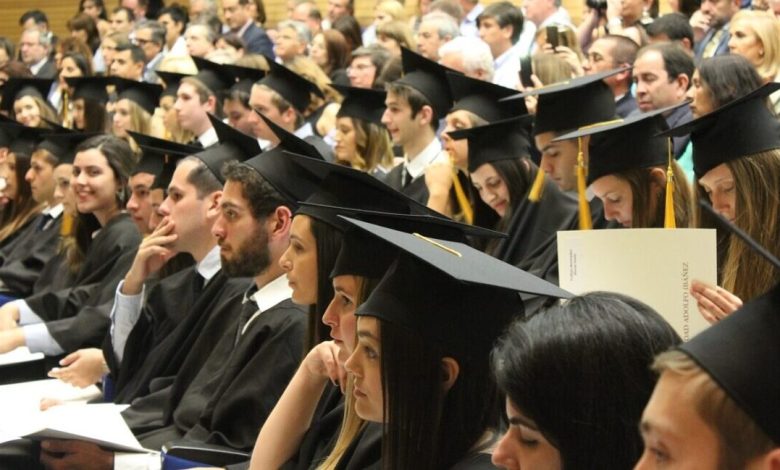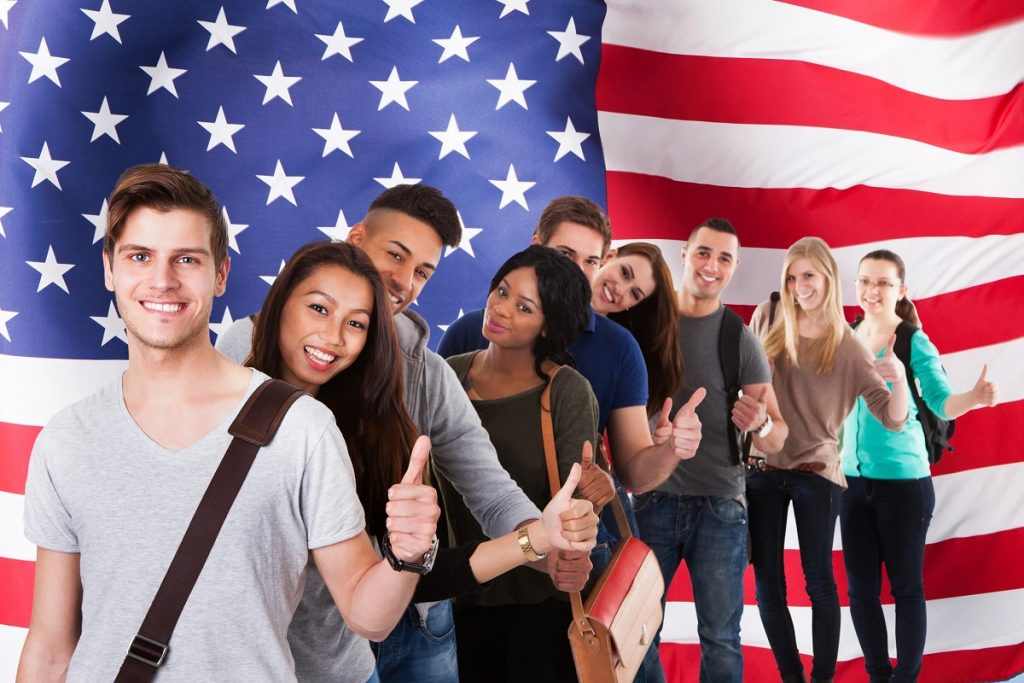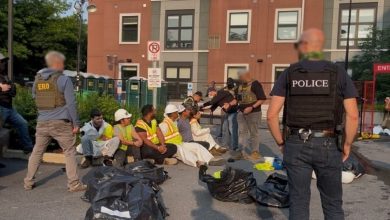White House Approves Rule Change for International Student Visas F-1 and J-1
New fixed stay limits could disrupt studies, cut international enrollment by up to 40%, and cost U.S. universities billions.

The White House has approved a proposal from the Department of Homeland Security to change the rules governing international students’ stays in the United States, paving the way for major amendments to the F-1 and J-1 visa systems.
The proposal would replace the current rule, which allows students to remain in the U.S. for the entire duration of their academic program, with fixed periods of stay that require renewal—even while still enrolled. This could create procedural complications and delays in processing, as well as the potential loss of legal status or interruption of work permits linked to study.
Universities and higher education organizations have warned that this step could lead some prospective students to choose universities outside the U.S., possibly causing a 30–40% drop in the number of new international students this fall. Such a decline could result in losses of up to $7 billion in higher education revenue.
The proposal, coded RIN: 1653-AA95, was sent to the White House Office of Information and Regulatory Affairs (OIRA) on June 27 and received final approval the following week. It is expected to be published in the Federal Register to open a public comment period before being officially enacted.

This move is part of a broader series of immigration policy changes under the Trump administration, which also include a separate proposal to modify the H-1B visa selection process by prioritizing applicants based on wages or academic qualifications instead of using a lottery system.
Analysts view these adjustments as a major shift in the U.S. educational immigration policy that has been in place for decades and believe they could have wide-ranging economic and academic impacts.



